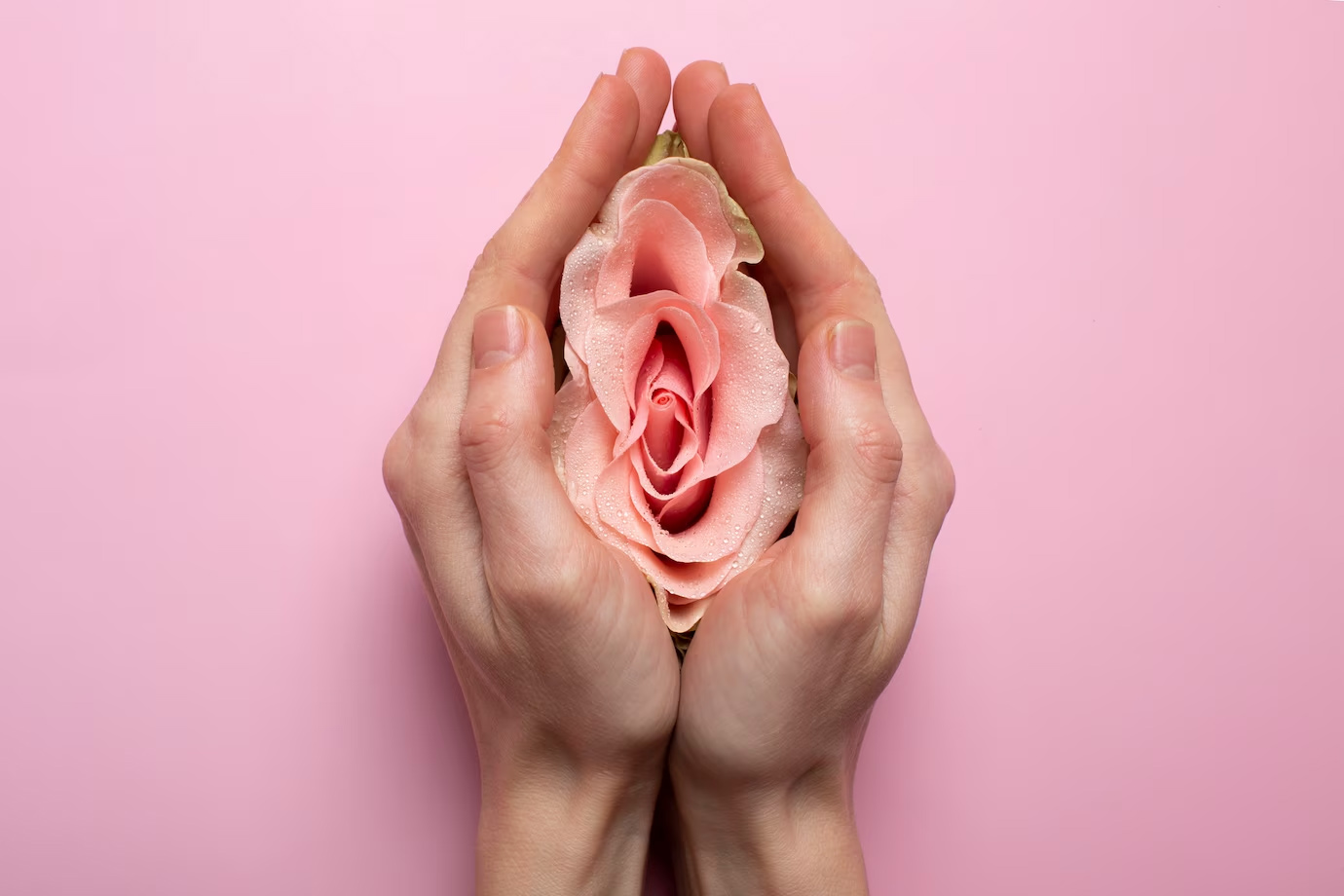
Your vagina produces lubrication naturally, even when you don’t actively notice it. This is a normal part of your body's functions and plays a key role in making sexual activity smoother and more comfortable. In addition to natural lubrication, artificial lubricants, or lubes, can also be used to enhance comfort when needed. However, due to a lack of proper sex education, many people remain unaware of how vaginal lubrication works.
To shed more light on this topic, we spoke to Dr Shibani Devi, Consultant Obstetrics and Gynaecology at Manipal Hospital Bhubaneswar, who shared valuable insights on the subject.
Vaginal lubrication primarily originates from two sources:
1. Bartholin glands – These tiny, pea-sized glands are located near the vaginal opening and play a crucial role in preventing dryness. They release moisture to keep the vaginal area lubricated and produce additional fluid when a person is aroused or engaged in sexual activity.
2. The cervix – Throughout the menstrual cycle, the cervix secretes mucus, which changes in consistency depending on the phase. As ovulation nears, cervical mucus increases and becomes more fluid, creating a favourable environment for sperm to reach the egg, thereby improving the chances of conception.

Vaginal dryness is a common yet often overlooked medical condition that affects many women. Due to embarrassment and a lack of awareness, many individuals do not seek medical help. This condition can lead to various health concerns, including intense vaginal itching, bleeding, increased risk of infections, discomfort during intercourse, reduced sexual desire, and even emotional distress.
Don't Miss: Cold Sores Before Periods: Why, What To Do, As per Gynaecologist
Dr Shibani explains that oestrogen plays a crucial role in keeping vaginal tissues thick, elastic, and naturally moisturised. When oestrogen levels drop, the vaginal walls become thinner, drier, and less flexible, leading to a condition known as vaginal atrophy. However, menopause isn’t the only factor that contributes to vaginal dryness, several other medical and lifestyle factors can also lead to reduced oestrogen production, including:
Dr Shibani emphasises that several lifestyle changes and natural remedies can help alleviate vaginal dryness and support overall vaginal health. These include:

Don't Miss: Exercise During Periods: Expert Guides On Dos and Don'ts
If vaginal dryness persists, it is important to consult a healthcare provider for diagnosis and appropriate treatment. Medical options may include hormone therapy, vaginal moisturisers, or other treatments. Understanding the causes of vaginal dryness and exploring available solutions can help women maintain their intimate health and overall well-being.
Keep reading Herzindagi for more such stories.'
Credits: Freepik
Also watch this video
Herzindagi video
Our aim is to provide accurate, safe and expert verified information through our articles and social media handles. The remedies, advice and tips mentioned here are for general information only. Please consult your expert before trying any kind of health, beauty, life hacks or astrology related tips. For any feedback or complaint, contact us at [email protected].